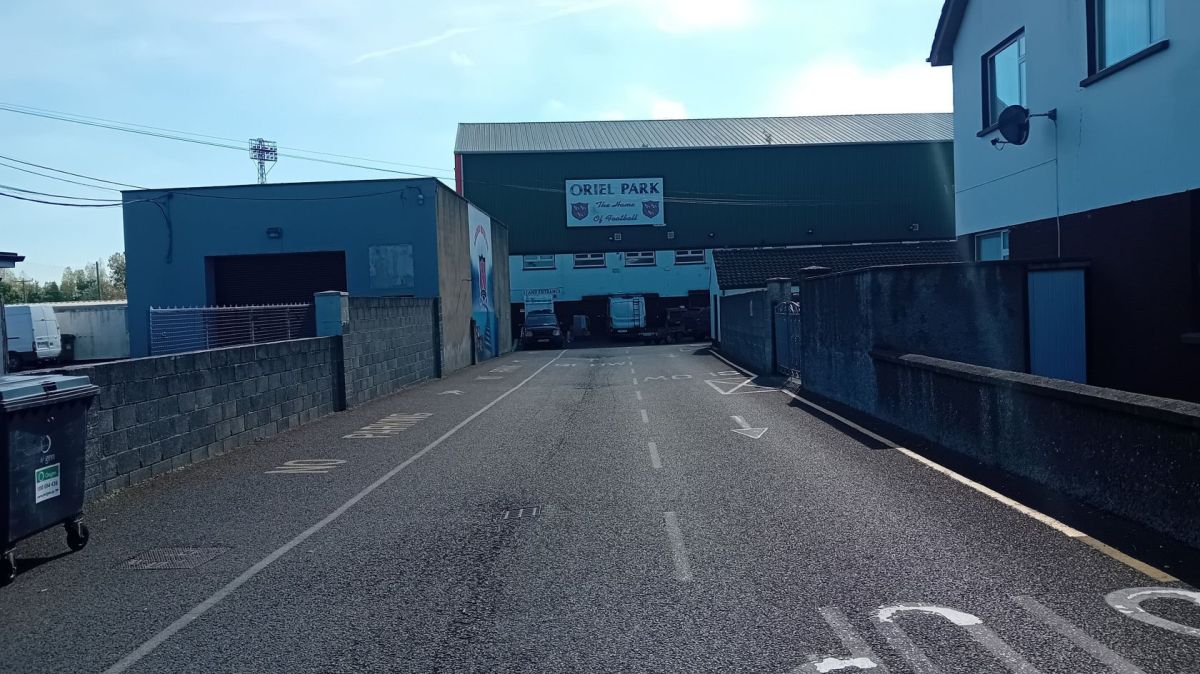Twitter International Unlimited Company, which operates X (formerly Twitter), has filed High Court proceedings claiming that Coimisiún na Meán’s new Online Safety Code conflicts with Irish law, particularly regarding the protection and balance of fundamental rights such as freedom of expression.
The company Is seeking to overturn the regulator’s October 10th decision to implement sections of the Online Safety Code that impose binding rules on video-sharing platforms based in Ireland. These rules require platforms to protect users, particularly children, from harmful video and associated content. Twitter International is also challenging the code’s application to its platform.
On Monday, the High Court granted permission for a judicial review of the regulator’s decisions. Ms. Justice Mary Rose Gearty stated that the case presented “arguable” grounds, allowing it to proceed.
The company’s lawsuit specifically challenges a section of the code that bans users from uploading or sharing videos categorized as “restricted.”
Restricted content includes videos that bully or humiliate individuals or promote harmful behaviors such as eating disorders, suicide, self-harm, or dangerous challenges that could endanger children.
Twitter International argues that the definition of “restricted” content is overly broad and could include a wide range of legal material. It highlights that the EU’s Audiovisual Media Services Directive distinguishes between illegal content, such as incitement to hatred, and “legal but harmful” content. While illegal content must be banned outright, the directive envisions access restrictions for legal but harmful content to protect children, the company says.
The firm claims that Coimisiún na Meán’s blanket prohibition on restricted content, without allowing discretion for platforms to balance competing rights, violates Ireland’s Digital Services Act. Twitter International emphasizes that it does not oppose all restrictions on restricted content but believes such measures must be proportionate and allow for a rights-balancing assessment.
The company also argues that Its own terms and conditions already ban certain types of harmful content, such as material promoting suicide or self-harm, and that these measures are sufficient and proportionate.
However, it contends that the code denies platforms the ability to make such assessments, which is inconsistent with the Digital Services Act.
Furthermore, Twitter International alleges the regulator overstepped its authority by implementing measures requiring platforms to enforce their own terms and conditions.
Coimisiún na Meán has requested an expedited hearing, with the case set to be mentioned again in court next February.









